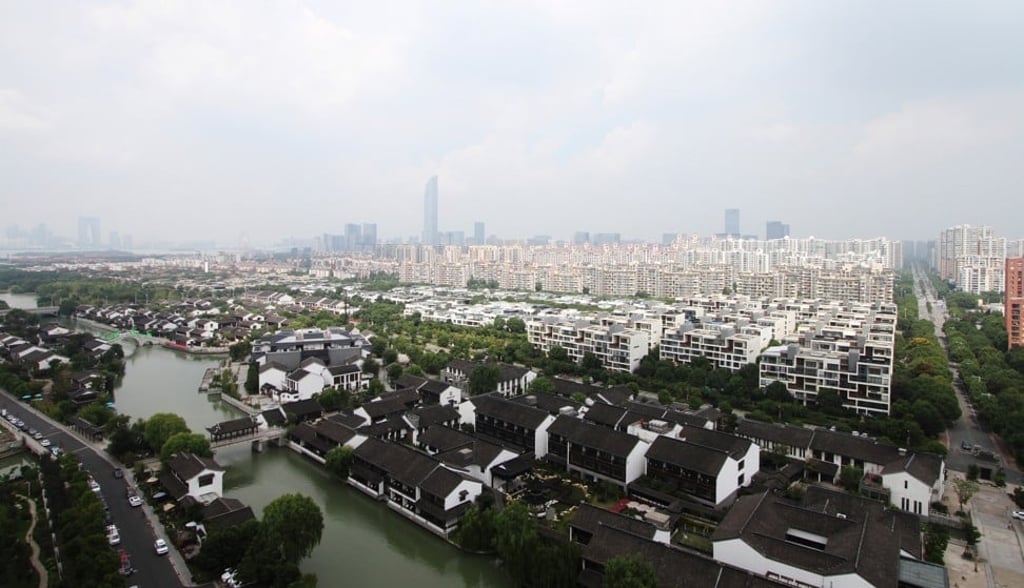Trade war and economic slowdown leave giant Chinese industrial estate scrambling to keep foreign companies
- Spanning an area five times the size of Manhattan, Suzhou Industrial Park contributed 14 per cent of Suzhou’s economy in the first seven months of 2019
- Trade war has hit exports and forced some companies to leave, but government subsidies and shift in production patterns convincing some to stay in China

In the eastern province of Jiangsu, China’s economic problems are resonating through one of the engines of the nation’s dramatic growth over the past three decades, the giant Suzhou Industrial Park.
Indeed, in the 25 years since Suzhou Industrial Park’s inception, it has been wildly successful in convincing foreign exporters to set down roots there, with offers of cheap labour and top notch infrastructure, helping double Suzhou’s economy in its first 10 years of operation by attracting big name multinational firms such as Microsoft, Siemens, Honeywell and Panasonic. For the first half of this year, the park’s output was 14 per cent of the entire Suzhou economy.

Home to 5,000 foreign enterprises – many of them exporters – Suzhou Industrial Park saw its exports decline 10 per cent over the first seven months of 2019 compared to a year earlier. Imports, meanwhile, have fallen 15 per cent, according to Chinese customs data. These are significant drops for a park built for foreign trade, but which is now increasingly catering to China’s domestic market, another by-product of the succession of tariffs on Chinese goods unleashed by US President Donald Trump.
